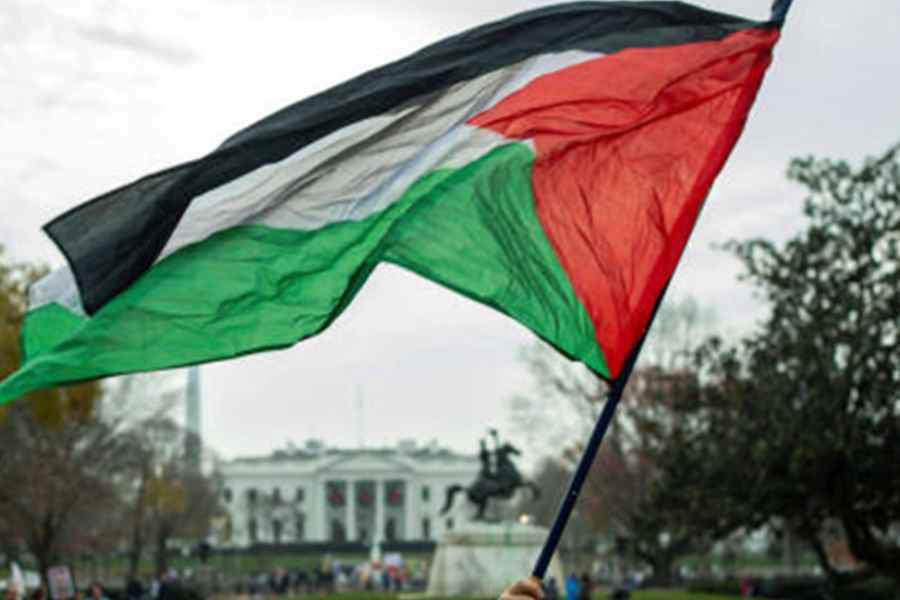Amid Israel’s devastating war in Gaza, 14 Palestinian political factions, led by Fatah and Hamas, signed a landmark unity deal in Beijing last week that could strengthen the prospects of a future Palestinian State. Fatah controls the Palestinian Authority, the internationally-recognised government body that is in charge of civil matters in the Israeli-occupied West Bank. The Palestinian president, Mahmoud Abbas, is the chairman of Fatah. Hamas, on the other hand, has been in power in Gaza. The two groups have long seen each other as rivals for Palestinian leadership and engaged in violent clashes in 2006 and 2007. But the current war appears to have forced reconciliation. More than 39,000 Palestinians have been killed in Gaza over the past nine months. In the shadow of the war, Israeli settlers have also unleashed a wave of violence in the West Bank where Israel has grabbed more land already in 2024 than in the past 20 years combined. If the new deal stands, it will allow Palestine’s leaders across Gaza and the West Bank to present a unified front before the international community, especially when it comes to the terms of a potential ceasefire and what a post-war Palestine could look like. With the Israeli prime minister, Benjamin Netanyahu, and members of his cabinet making clear that they oppose a two-State solution, this is an existential moment for the dreams of a sovereign Palestinian State.
Maintaining that united front will not be easy. The PA and Mr Abbas enjoy broad international legitimacy. Fatah gave up armed resistance three decades ago. Hamas and its leaders, on the other hand, are formally treated as terrorists by the United States of America, the European Union and the United Kingdom. The current war was triggered by the horrific Hamas attack on Israel on October 7. Then there is the China factor. By brokering the unity deal, Beijing is showing its growing heft as a mediator. Yet, it is unclear whether the US and its Western allies will back a pact that has China’s stamp on it. They hold influence over the PA too: their funding helps run the West Bank’s civil administration. The West and China could turn the conflict into a proxy battle for their bigger rivalry. Or they could see the unity deal as a stepping stone towards a ceasefire, peace and the two-State solution they all claim to endorse. The choice is theirs to make.










